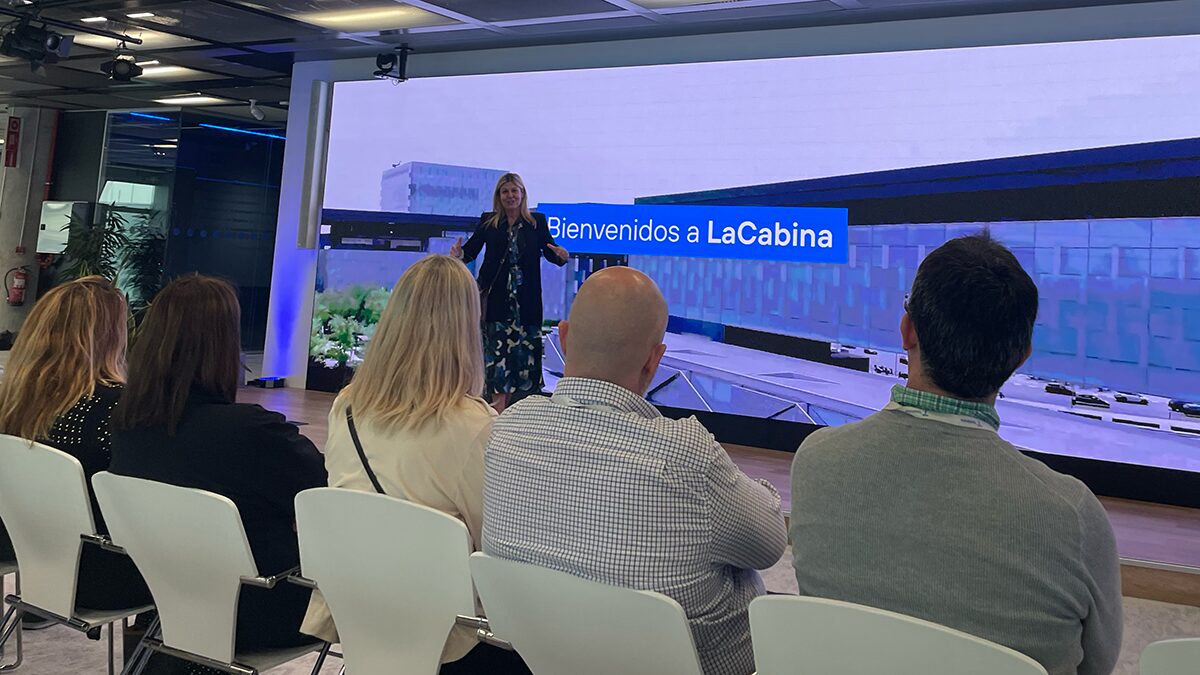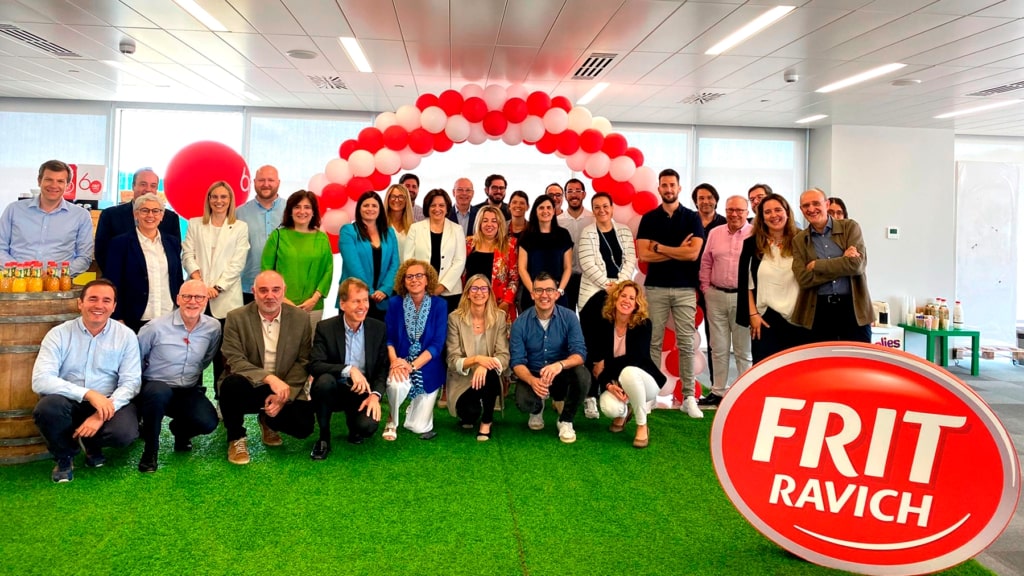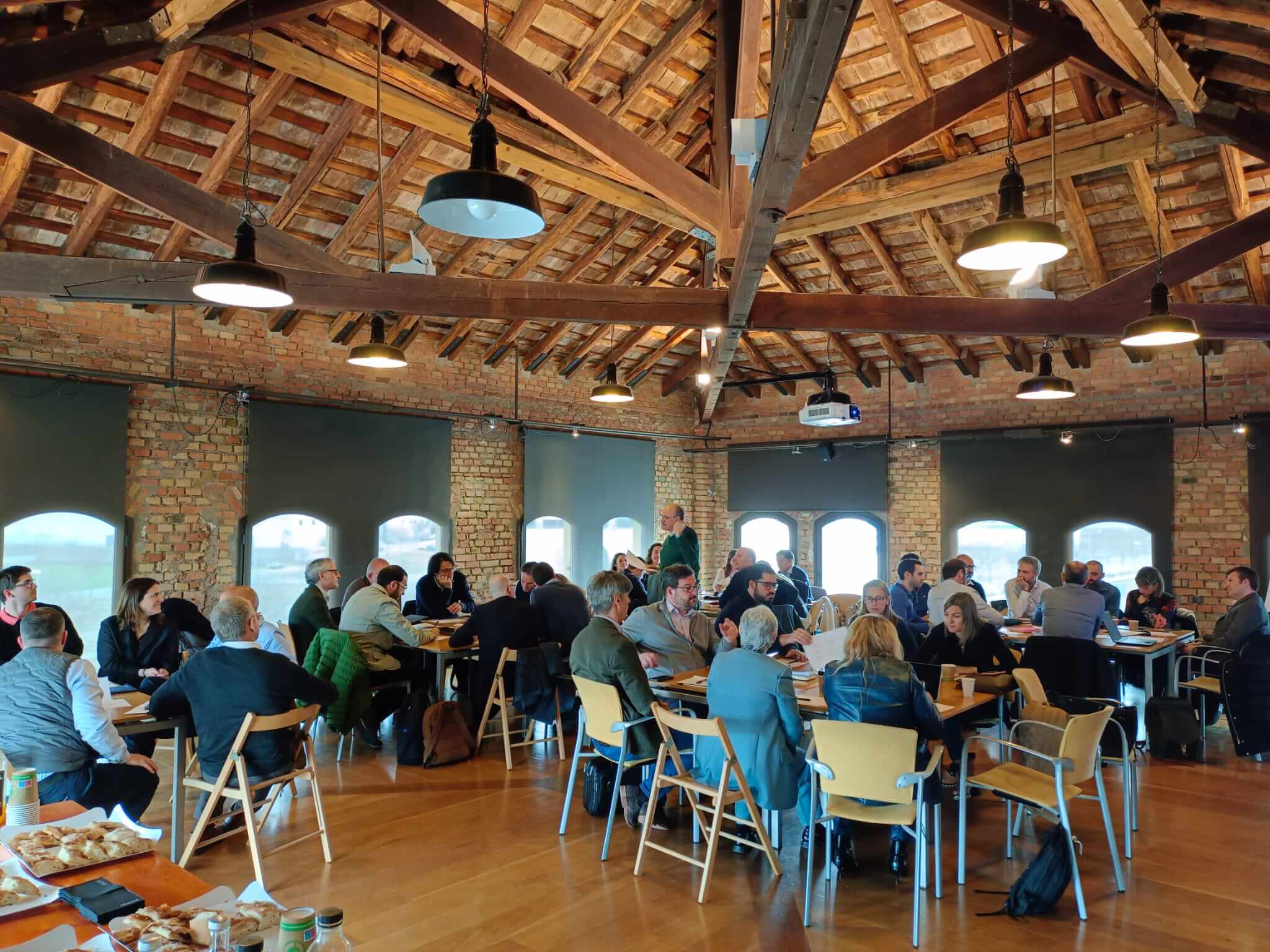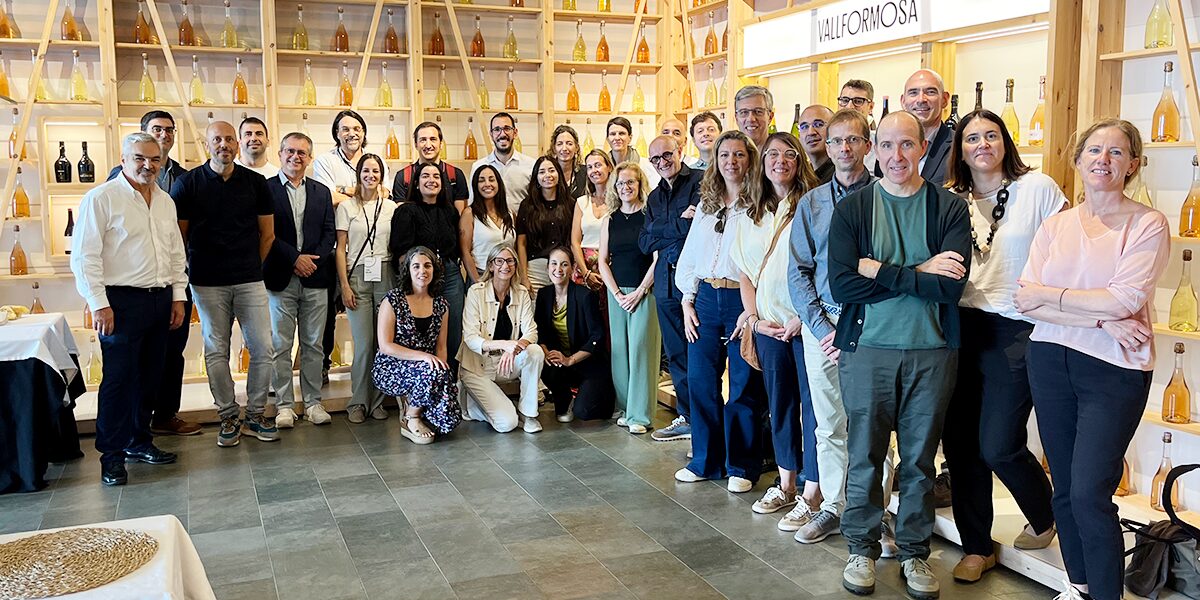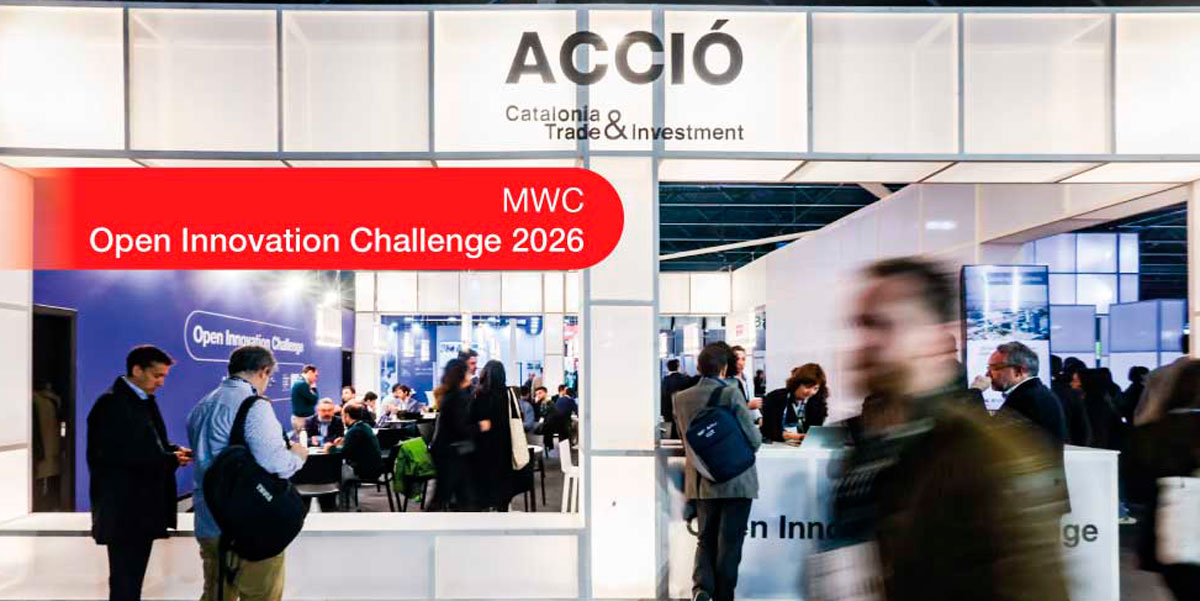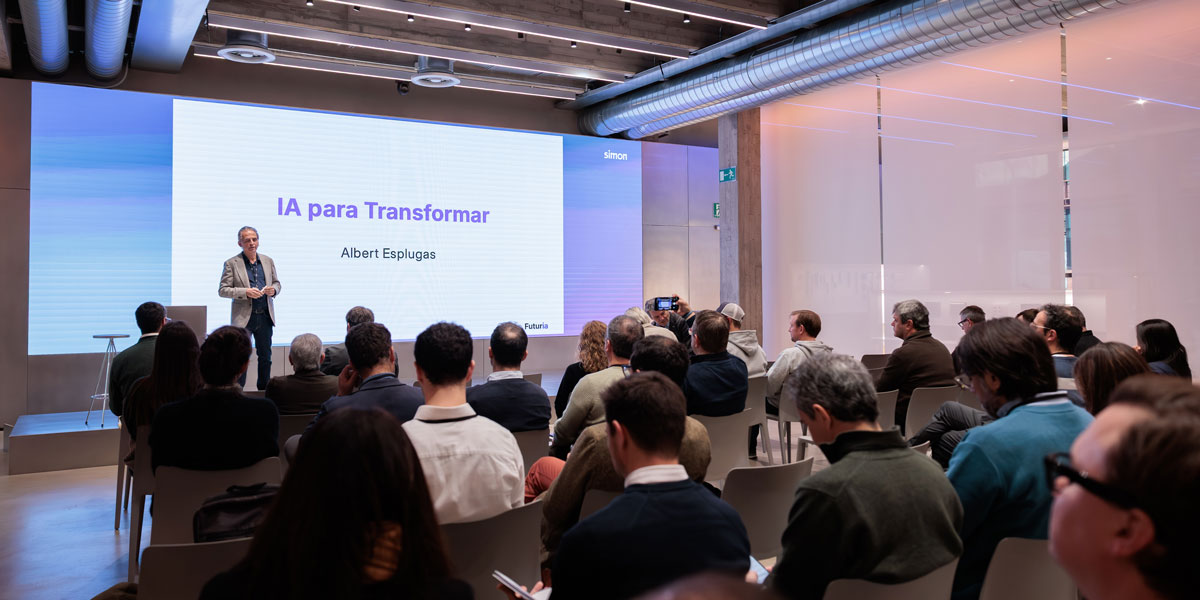Culture&Performance: The Denison Model
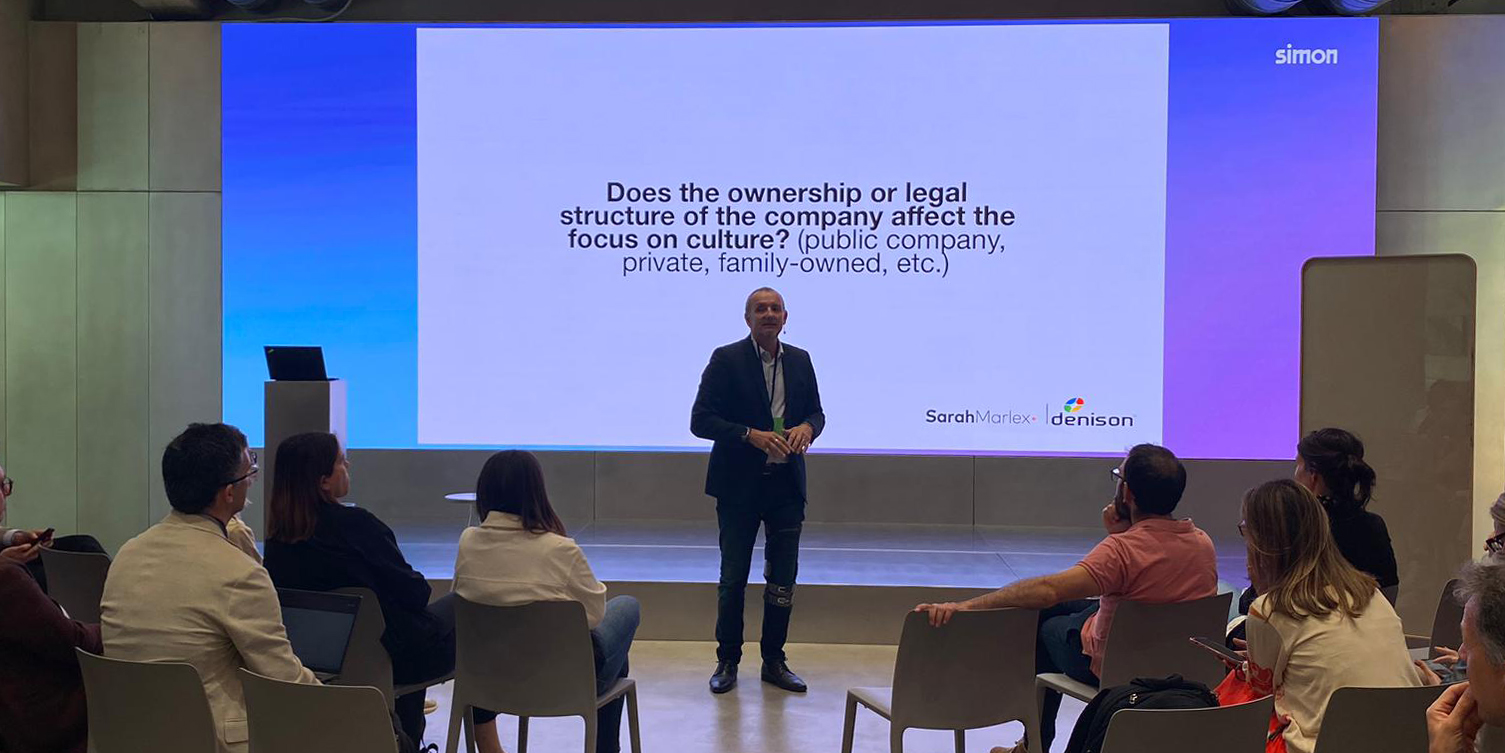
This past June 2025, we held a new Innovation Meeting with INDPULS partners at the Simon SWITCH building, a day focused on cultural transformation as a key lever for business growth and innovation. The event featured the outstanding participation of Gerard Brossard, CEO of Denison Consulting and an executive with extensive experience in global corporations such as HP, Rackspace, and Rimini Street, and Alejandro Santana, Managing Director of Lead To Change – Sarah Marlex and strategic partner of Denison Consulting.
With an inspiring and rigorous presentation, Brossard brought a powerful idea to the table: culture is not an intangible concept, but a strategic asset that can be measured, managed, and optimized to deliver the desired results.
A deep look at organizational culture
According to Brossard, many organizations fall into the trap of limiting themselves to measuring employee emotional engagement through surveys, when the true impact of culture goes much further.
Segons Brossard, moltes organitzacions cauen en l’error de limitar-se a mesurar el compromís emocional dels empleats a través d’enquestes, quan el veritable impacte de la cultura va molt més enllà.
Culture defines how decisions are made, how leadership operates, how change is managed, and how people’s efforts are connected to business objectives.
The Denison Model: culture with measurable impact
In his presentation, Brossard introduced the renowned Denison Model, an internationally validated framework that assesses organizational culture across four key dimensions:

- Adaptability: the ability to learn from the market and adjust to change.
- Mission: clear direction, shared purpose, and strategic orientation.
- Involvement: active engagement of talent, collaboration, and skills development.
- Consistency: coherent systems, shared values, and aligned decision-making.
Data shows that organizations with high scores in these areas gain a measurable competitive advantage: improved financial performance, stronger customer loyalty, better talent retention, and a resilient culture in the face of change.
Real case: from fragmentation to leadership
One of the most revealing moments of the day was the presentation of a practical case of cultural transformation in a technology company, which, in just one year and through the application of the Denison Model, managed to double its organic growth, reduce staff turnover, and significantly improve the customer experience. This tangible example demonstrated how a well-executed cultural diagnosis can trigger a dynamic of deep and sustainable change.
An ecosystem ready to lead the future
The session highlighted a key fact: in today’s context of accelerated change, digital transformation, and talent shortages, a strong organizational culture—aligned with strategy and open to continuous learning—is a differentiating asset for the industrial sector.

